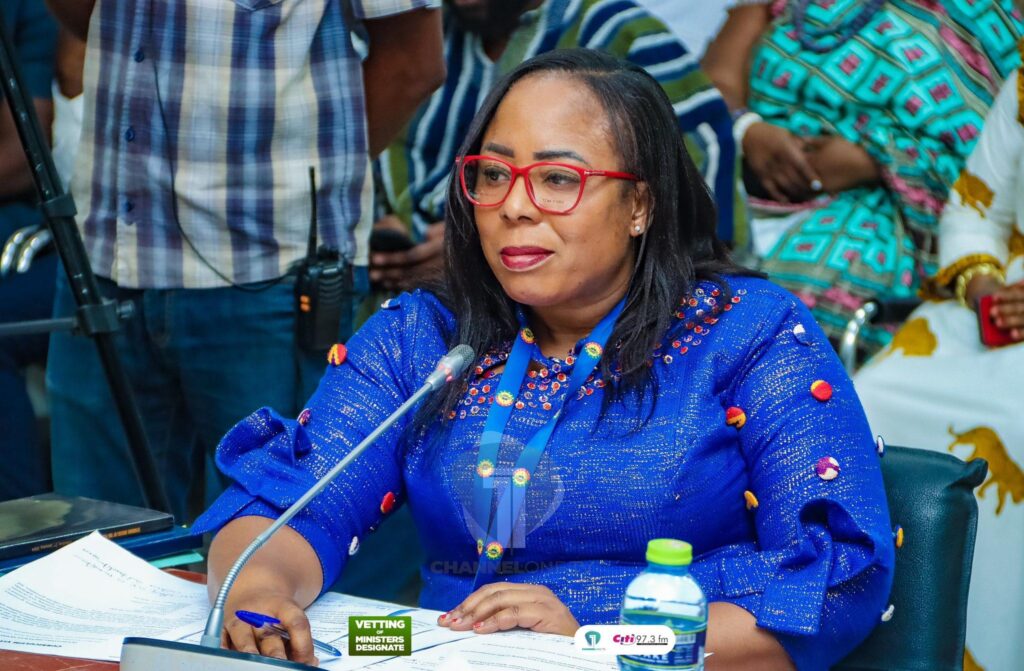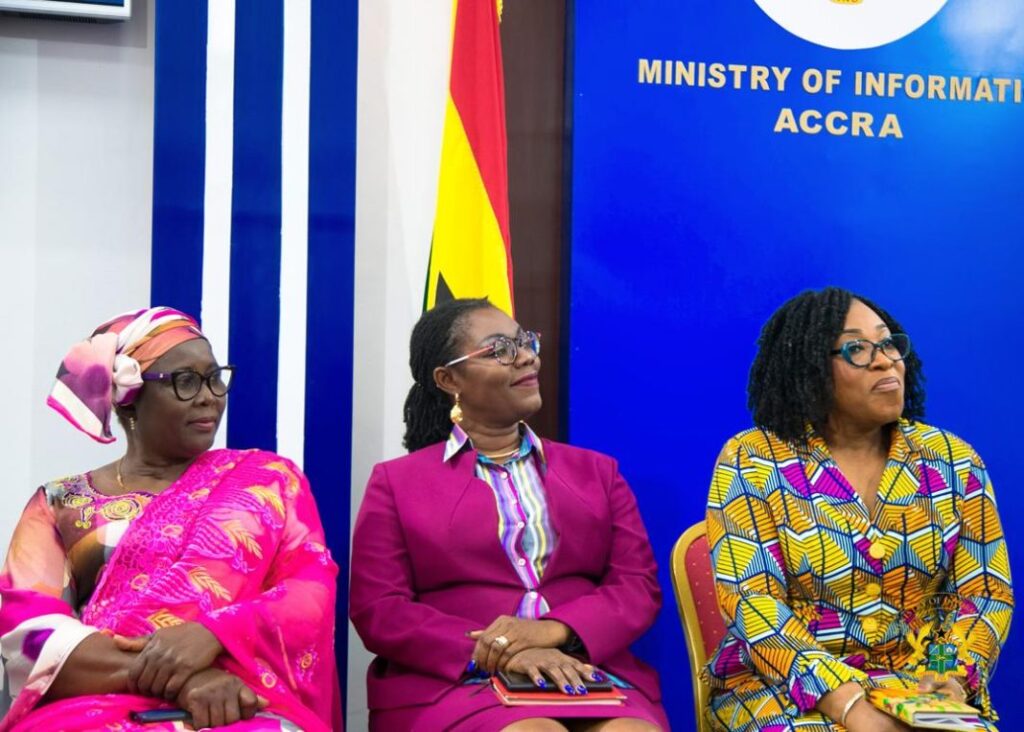During the 2024 elections, President John Mahama promised Ghanaians that if elected, his cabinet would be more diversified in terms of gender.
“Within the first 14 days of my presidency, I will nominate my Cabinet—30% of whom will be women,” The President said during a speech in his election campaign.
But almost nine months into his new administration, the gender balance in his cabinet, including his appointed ministers, tells a different story.
With 55 ministers, including sector, deputy, and regional ministers sworn in, only 10 are women—representing just 18% of the total.
The remaining 45 are men, maintaining a pattern of male-dominated political appointments in Ghana’s political landscape.
Promise of Lean and Diversified Government
President Mahama returned to power earlier this year after securing an overwhelming majority in the 2024 elections. With the mandate, he promised to reduce the bloated size of government that had characterized previous administrations.
In January, he merged several ministries and announced a 60-person cap on ministers and deputies—a significant downsizing compared to prior governments, which at one point had over 110 such appointees.
Among the four women serving as ministers of state, only three—Agnes Naa Momo Lartey (Gender, Children & Social Protection), Elizabeth Ofosu-Adjare (Trade, Agribusiness & Industry), and Emelia Arthur (Fisheries and Aquaculture)—hold full sector portfolios.
The two state ministers include
- Linda Obenewa Akweley Ocloo (Greater Accra Regional Minister) and
- Charity Gardiner (Ahafo Regional Minister).

The four women among the deputy ministers include appointed officials like
- Dorcas Affo-Toffey (Deputy Minister for Transport)
- Rita Naa Odoley Sowah (Deputy Minister for Local Government, Chieftaincy, and Religious Affairs)
- Gizella Tettey-Agbotui (Deputy Minister for Works, Housing and Water Resources), and
- Grace Ayensu-Danquah (Deputy Minister for Health)
In his inauguration speech, President Mahama acknowledged the need for better gender representation and pledged to “work toward parity in all aspects of governance.”
Yet with more than three-quarters of the cabinet now composed of men, President Mahama’s pledge for a more gender balanced government does not seem to have been fulfilled.
Underrepresentation of Women in Government
Governments in the past have spoken about gender disparity in politics.
In 2019, former President Akufo-Addo highlighted the need for greater female participation in politics but suggested that women themselves needed to demonstrate more “dynamism” in pursuing leadership roles.
The former president stated that he had appointed 30% of women to his administration. However, it was later fact-checked that his administration had appointed only 26% of women.

The Akufo-Addo administration did make strides for female inclusion when it formally assented to the Affirmative Action (Gender Equity) Act on September 19, 2024.
The law mandates progressive targets for women’s representation in public and private sectors: 30% by 2026, 35% by 2028, and 50% by 2030.
Female participation in government in general has been on the decline.
In 2021, only 40 of the 275 Members of Parliament were female, while 18 out of 85 ministers and 19 out of 122 heads of government agencies were women.
The current makeup of Parliament has seen no general improvement in female representation. Currently, there are only 41 female Members of Parliament, representing 14.9%.
Compared to some of its peers on the continent, Ghana has a lot of ground to cover to achieve a more gender balanced parliament.
With the swearing in of Jane Naana Opoku-Agyemang, Ghana’s first female Vice President, many had hoped there might be a wave of change for more female representation in politics.
But fast forward, and the results appear to be the same and even worse.
The Labari Journal emailed the Presidency for a comment on the gender disparity in the Mahama administration.
We did not get a response by the time of this publication.





